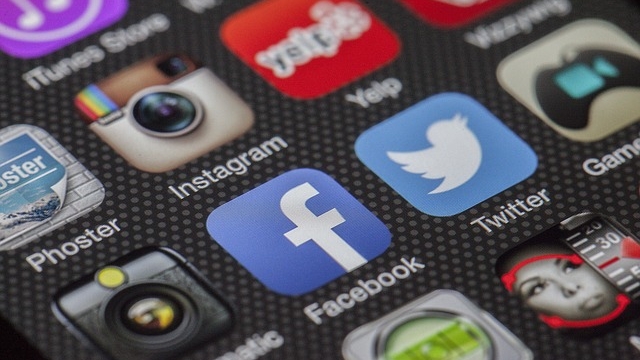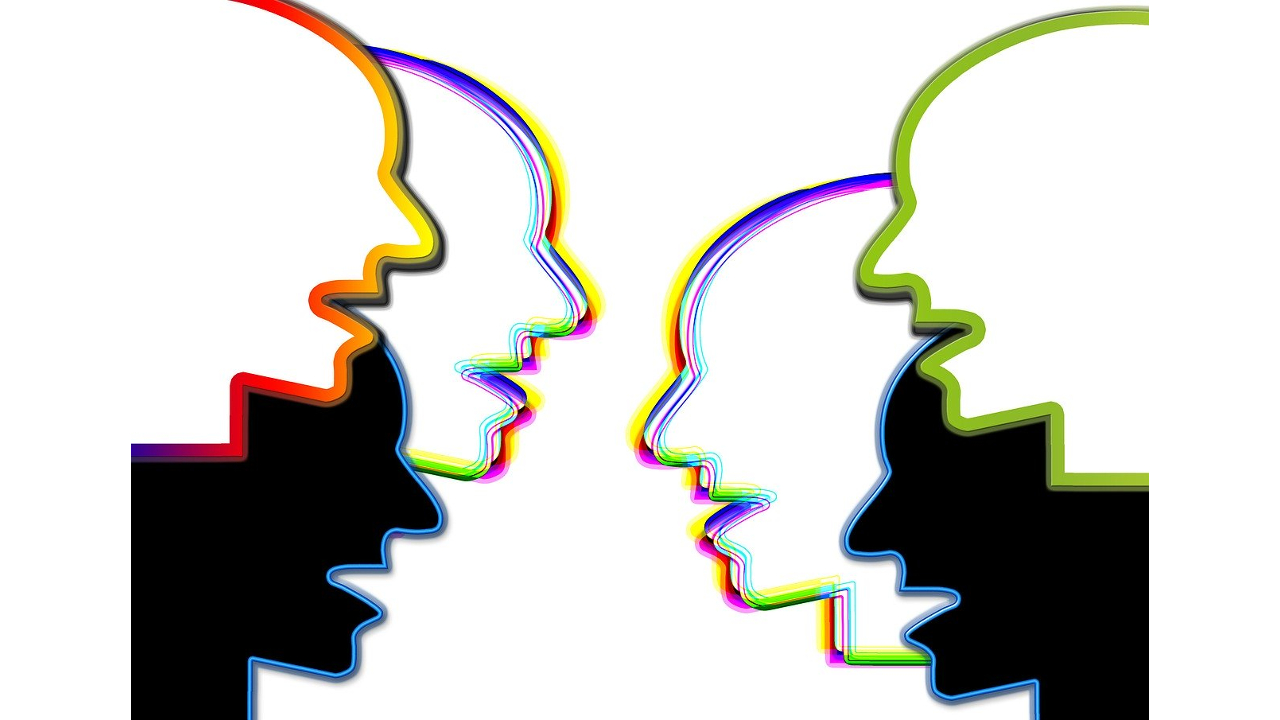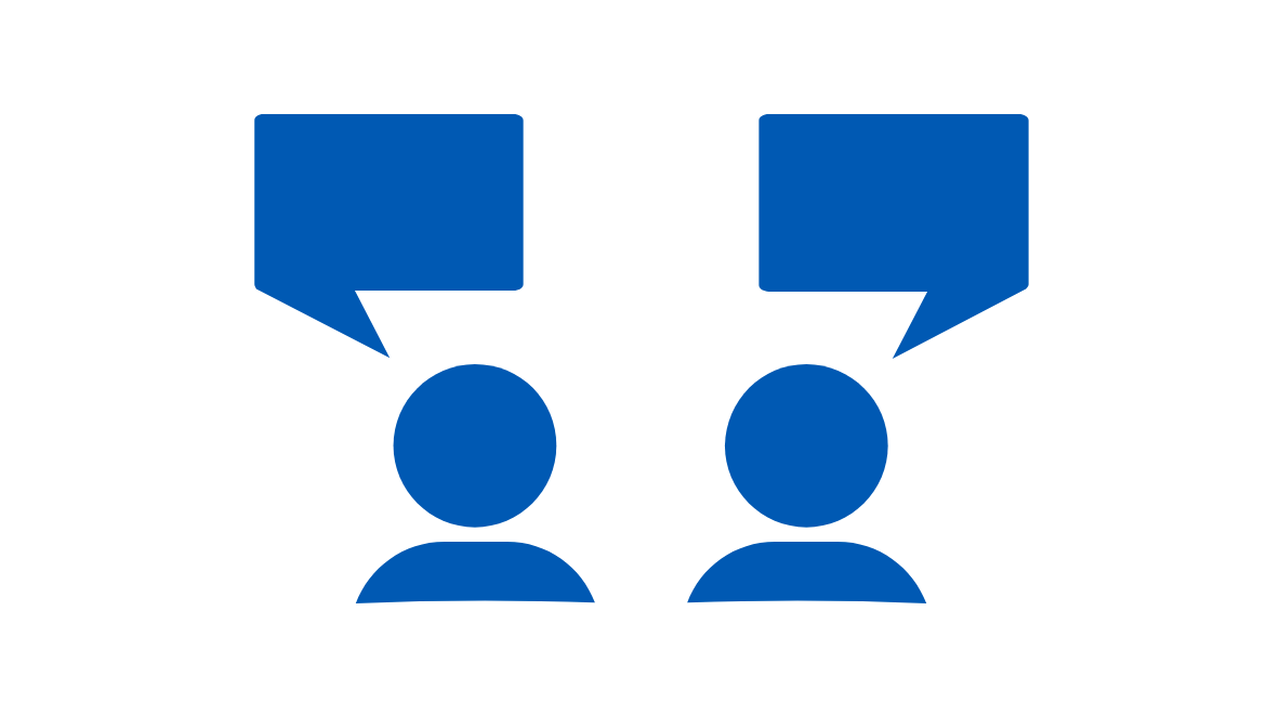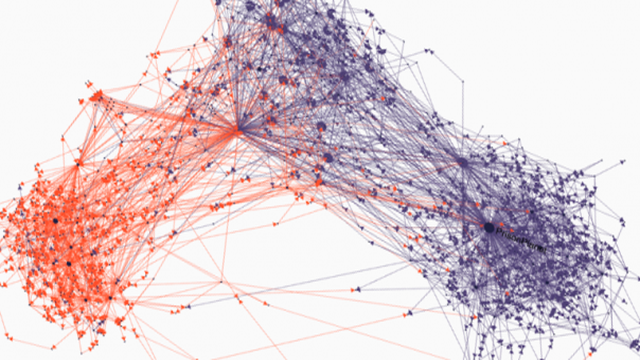
The infestation of bots and conspiracy theorists on social media pre-election
Originally posted on The Horizons Tracker.
That social media has been awash with bots and other forms of manipulation has been well documented in recent years, as has the impact of this invasion on the political process. New research1 from the University of Southern California highlights the infestation Twitter has experienced around the US presidential election.
The researchers examined around 240 million tweets related to the election and discovered thousands of bot accounts muddying the waters. While there was a degree of interjection across the spectrum, the majority of bot activity was promoting right-leaning conspiracies, such as QAnon. The researchers believe that these fake tweets reached hundreds of thousands of Twitter users.
“I think the most important finding here is that bots exacerbate the consumption of content within the same political chamber, so it increases the effect of echo chambers or the salience of those tweets,” the researchers explain.
Bot activity
The analysis found that bots would almost exclusively retweet content originally shared by human users. Human users would often retweet these retweets though, especially when they shared their political leaning, which helped to propagate the original content.
The team identified clear differences in the type of content shared by bots and humans. Interestingly, however, right-leaning bots appeared to outweigh left-leaning bots by about 4-to-1. The analysis also found that right-leaning users were also 12 times more likely to share conspiracy theories than their left-leaning peers.
After previously studying social media manipulation during the 2016 presidential election, the team believe that the situation has certainly not improved, despite attempts by the social networks themselves to clamp down on fake activity.
“In short, the state of social media manipulation during the 2020 election is no better than it was in 2016. We are very concerned by the proliferation of bots used to spread political conspiracies and the widespread appeal that those conspiracy narratives seem to have on the platform,” the researchers conclude. “The combination of automated disinformation and distortion on social media continue to threaten the integrity of U.S. elections.”
Article source: The Infestation Of Bots And Conspiracy Theorists On Social Media Pre-Election.
Header image source: Thomas Ulrich on Pixabay, Public Domain.
Reference:
- Ferrara, E., Chang, H., Chen, E., Muric, G., & Patel, J. (2020). Characterizing social media manipulation in the 2020 US presidential election. First Monday, 25(11). https://doi.org/10.5210/fm.v25i11.11431 ↩






